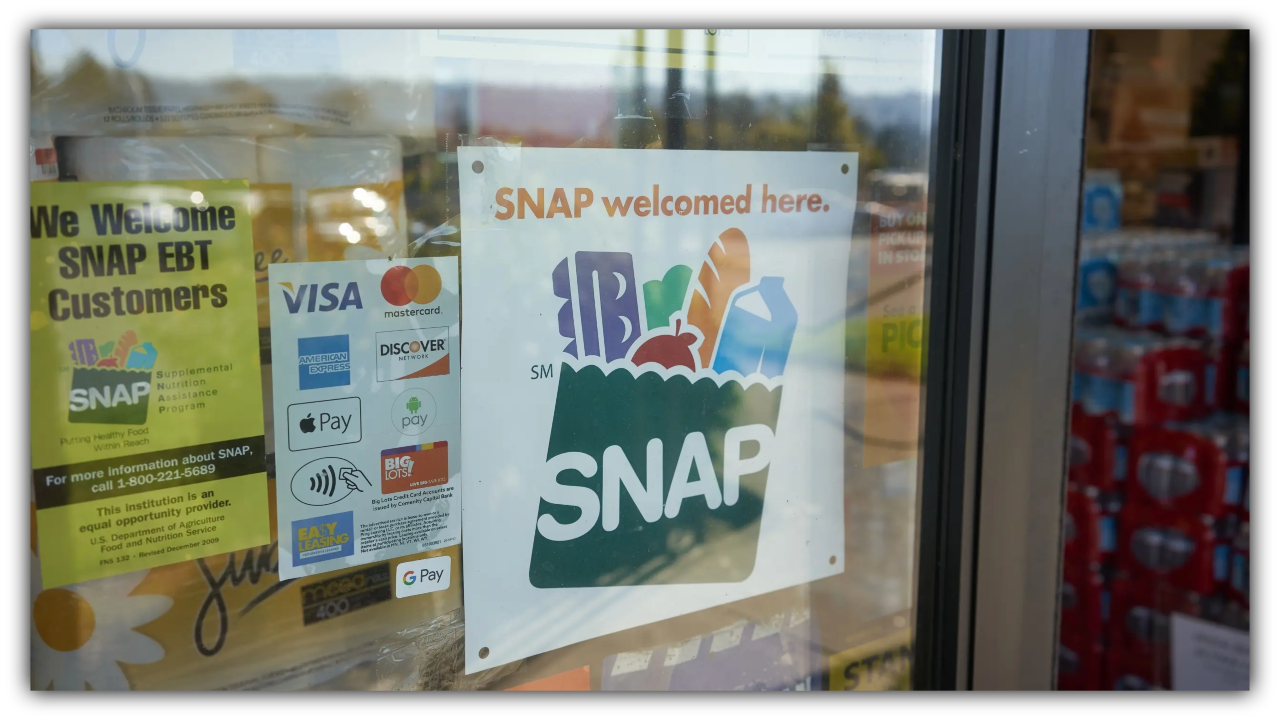SNAP Benefits Slashed? How New Republican Rules Could Leave Millions Hungry
If you or someone you know depends on SNAP (that’s the food stamps program), you’ve probably heard there’s a new Republican bill that could shake things up big time. And honestly? It might hit a lot more people than you’d expect.
Let me walk you through what’s in this bill and why it matters.
The Big Changes They’re Talking About
This bill, part of a bigger Republican plan called the “One Big Beautiful Bill,” wants to make some pretty major changes to SNAP. The goal, they say, is to save money and get more people working — but critics think it could actually make life a lot harder for folks who really need help.
Here’s the gist:
-
More Work, Or No Food Help: Right now, if you’re an adult without kids, you have to work or be in a training program for 20 hours a week if you want to keep getting SNAP after three months — but that rule only applies if you’re under 50. The new bill would raise that age to 64. So even people in their 50s or early 60s could lose benefits if they can’t meet those work rules. That’s a lot of folks who might struggle to find jobs, especially in places where work isn’t easy to come by.
-
Fewer Exceptions: There are some exceptions now — like if you’re caring for a family member, you might not have to meet those work requirements. The bill wants to tighten that up, which could hurt grandparents raising grandkids or people looking after family. These are people doing important, unpaid work, but they might lose their SNAP benefits anyway.
-
States Pick Up More Costs: The bill also wants states to pay a bigger chunk of the SNAP bill. That sounds fair on paper, but states with tight budgets might have to cut back on benefits or make the rules tougher. So depending on where you live, you might see different rules or smaller help.
-
Less Nutrition Support: SNAP isn’t just about money for food — there’s also SNAP-Ed, a program that helps families learn how to eat well on a budget. The bill wants to cut funding for that. Plus, it would freeze the formula used to decide benefits for five years, even if food prices go up. So if groceries get more expensive, SNAP won’t keep up.
Who’s Going to Feel This?
This isn’t just about “people who don’t want to work.” Many SNAP recipients already work or have good reasons they can’t.
-
Older adults in their 50s and 60s who don’t have easy job options.
-
Caregivers who are busy supporting family but aren’t getting paid.
-
Families living paycheck to paycheck, already juggling rising food and housing costs.
-
People in states with less money to spread around.
The bottom line: the Congressional Budget Office says these changes could mean fewer people get SNAP, but it also means more people could struggle to put food on the table.
Why Are They Doing This Now?
Republicans say it’s about fiscal responsibility — they want to cut government spending and encourage work. But critics say it’s about cutting support for vulnerable people so the government can give tax breaks to the wealthy and big corporations.
The truth is, many people on SNAP want to work but face real challenges like disabilities, lack of childcare, or not enough local jobs.
What’s Next?
The bill is still moving through Congress, and there’s a lot of debate. Even if it passes the House, the Senate could slow things down or make changes.
But no matter what happens, these changes could impact millions of people who rely on SNAP to feed themselves and their families. It’s about more than just numbers — it’s about real lives.



Comments are closed, but trackbacks and pingbacks are open.